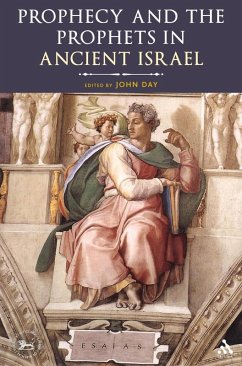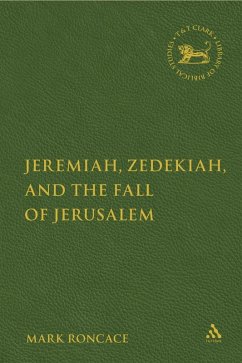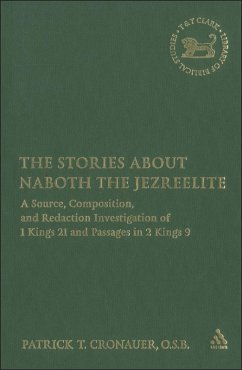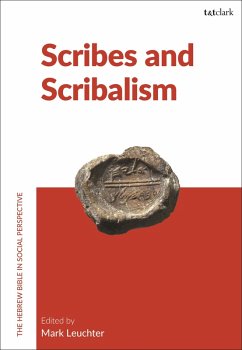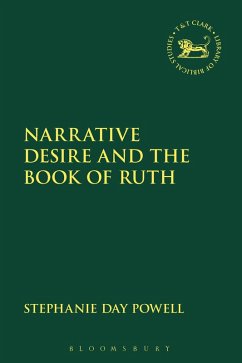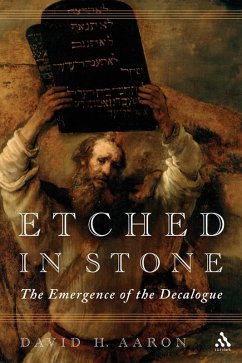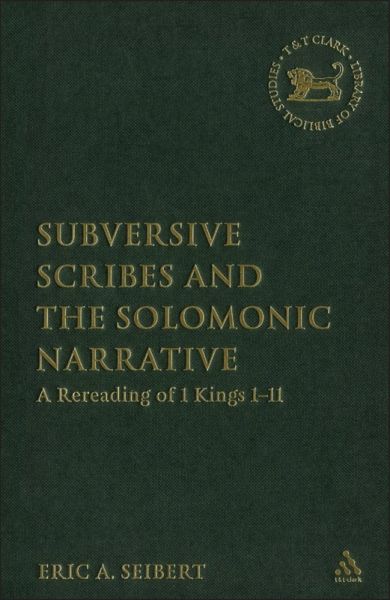
Subversive Scribes and the Solomonic Narrative (eBook, PDF)
A Rereading of 1 Kings 1-11
Versandkostenfrei!
Sofort per Download lieferbar
142,95 €
inkl. MwSt.
Weitere Ausgaben:

PAYBACK Punkte
71 °P sammeln!
Subversive Scribes and the Solomonic Narrative considers 1 Kgs 1-11 through the optics of propaganda and subversion with primary attention given to subversive readings of portions of the Solomonic narrative. Seibert explores the social context in which scribal subversion was not only possible but perhaps even necessary and examines texts that covertly undermine the legitimacy or the legacy of Solomon. The book is divided into two parts. In the first, Seibert develops definitions of propaganda and subversion and notes other studies which have understood certain biblical texts to function in t...
Subversive Scribes and the Solomonic Narrative considers 1 Kgs 1-11 through the optics of propaganda and subversion with primary attention given to subversive readings of portions of the Solomonic narrative. Seibert explores the social context in which scribal subversion was not only possible but perhaps even necessary and examines texts that covertly undermine the legitimacy or the legacy of Solomon.
The book is divided into two parts. In the first, Seibert develops definitions of propaganda and subversion and notes other studies which have understood certain biblical texts to function in these ways. Primary consideration is given to developing a theory of subversive scribal activity in this section of the book. An important distinction is made between "submissive scribes," individuals who wrote what they were told, and "subversive scribes," individuals who did otherwise. Since many scribes were writing for the very people who paid them, those wanting to engage in subversive literary activity had to do so carefully, and to a certain extent covertly, lest they be detected and exposed. Yet their critique could not be so obscure that none could detect it. There needed to be enough clues to allow like-minded scribes to read the text and appreciate the critique, but not so many that opponents could charge such scribes with sedition.
In the second part of the book, Seibert applies this theory of scribal subversion to various passages in 1 Kgs 1-11. An extended discussion is given to 1 Kgs 1-2 with the remainder of the Solomonic narrative being treated more episodically. The focus is on passages which look suspiciously like the work of a subversive scribe and/or which have subversive potential. It is argued that scribes could-and sometimes did-intentionally encode a critique of the king/kingship in the text and that one of the most effective ways they accomplished this was by cloaking scribal subversion in the guise of propaganda.




